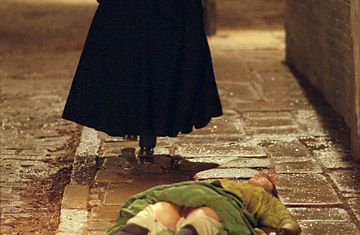
1888 was a bad year to be a prostitute. Between August 7 and November 10 of that year, five women were killed in the Whitechapel district of London's East End, their throats slashed and their bodies mutilated in a way that indicated they all met their fates at the hands of the same person. One victim's kidney was even mailed to the police, along with a series of taunting notes penned by someone calling himself Jack the Ripper. Serial murder was a relatively new phenomenon and the attacks were highly publicized. The law's failure to identify the killer led to such an outcry that both the home secretary and London police commissioner resigned in disgrace.
Jack the Ripper, whoever he was, has been the subject of hundreds of books and articles. The theories surrounding his identity vary from a covert Masonic plot to a member of the royal family. Here are the most likely suspects:
Montague Druitt, a barrister with knowledge of human anatomy. Rumored to be insane, he disappeared after the last murder; his body was later found floating in the River Thames.
George Chapman, a barber who lived in Whitechapel during the time of the murders and who was later found guilty of poisoning three of his wives.
Aaron Kosminski, a Whitechapel resident known for his affinity for prostitutes. He was hospitalized in an asylum several months after the last murder.